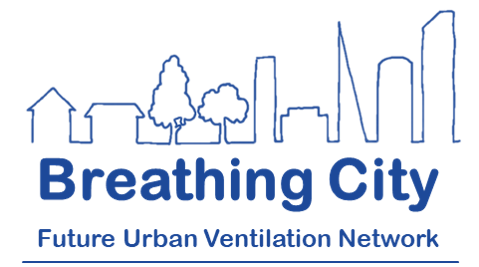The Environmental Audit Committee is undertaking a short inquiry into Heat resilience and sustainable cooling. It will look at the relationship between heat and health; examine the adequacy of current Government policies in relation to current and future need for cooling; and consider what measures could be taken to increase adaptation and resilience to rising temperatures. It is seeking written evidence to inform its inquiry and will hold an oral evidence session in order to form an initial view of the issues.
The health impacts of higher temperatures are being realised, particularly in urban areas. The increased use of air conditioning is putting pressure on electricity demand, leading to higher energy consumption, higher CO2 emissions, and higher use of refrigerant gases with global warming potentials much higher than CO2. Together, this is expected to increase temperatures yet further.
There are less energy-intensive alternatives to AC use; for example, passive and low-energy cooling solutions such as solar protection devices, radiative cooling technologies, adequate ventilation, ceiling fans, evaporative cooling, nature-based solutions, urban greenery, or designing buildings to perform better under hot (and cold) conditions.
This short inquiry will seek to build on the relevant findings of the Committee’s 2018 Heatwaves inquiry.
The Committee invites written submissions addressing any or all of the issues raised in the following terms of reference, by 17:00 on Thursday 17 August 2023.


